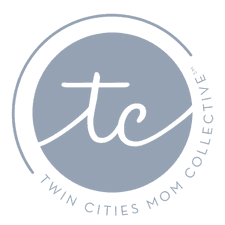
If your family is anything like mine, the time of year between Thanksgiving and New Year’s Eve is filled with, “Pass the…” and “Can I have…” and “Oooh! Mama, I want…” With two of our four children born during this bustling holiday time, we used to get an extra dose of wishes and wants. Used to because, as the kids grow up, they are less likely to gleefully ask for everything and more likely to thoughtfully assess what they need and throw in a fun want for good measure. They are more grateful for what they have and less greedy for what they want.
Our son, turning 19 on November 25th and still growing like a weed, needs a pair of pants. His ankles are showing. Again. He also wants us to watch a few episodes of a show, Adam Ruins Everything, that we’ve been politely putting off. Our daughter, turning 21 on December 25th, needs a new winter coat for the windy Chicago winter, and wants a graphic history book she’s been eyeing but not buying.
We often remark how lucky we are to have kids who have (mostly) grown out of the natural desire to acquire and who genuinely appreciate their lives. It is a measure of luck but also a measure of intent. We spend many evening dinners sharing a best and worst of the day, honing skills in reflection, unburdening tough moments, and identifying something good in any day. Friday nights have always included sharing a wish for ourselves, a wish for others, and a freebie wish that, as kids grow, more often reflects developing empathy for others rather than wanting more for themselves.
Years ago, when the minivan was full of angst, upset, and “shut UP____(insert sibling name here)” I would grit my teeth and cheerfully say, “I think we need a call for gratitude!” It felt hokey but I stuck to my guns. In that moment of negativity, they needed to be accountable for recognizing what they were grateful for. Often, I would begin with something as obvious as “I’m grateful that you kids have strong lungs and stronger opinions.”
Why does gratitude matter? Research over the past decade has shown important benefits of being thankful and aware of the positive in our lives. Bringing forth feelings of gratitude is linked with higher levels of the neurochemical serotonin, higher reported levels of happiness, decreased reports of depression, and greater empathy. Grateful people demonstrate less materialism, greater resilience, lower blood pressure, higher energy levels, better sleep, and are more likely to bring out prosocial behavior in others. Gratitude is not, however, a skill we are born with. Gratitude is learned. As our children’s first teacher, it’s on us to model and encourage. Starting young also embeds this skill-building into your family culture long before the challenges of adolescent identity formation provide a healthy push-back.
How you choose to teach gratitude is up to you and your family but here are a few guidelines:
- Although I called out boldly and desperately in the minivan, most of the time, don’t make this skill building a big deal. Kids are always watching us so our modeling can be an excellent teacher. Nonchalant comments can nudge them to reflect upon areas for gratitude. “That was really nice of him to give you extra whipped cream.” “What a gorgeous sunny day (and ignore the -20º) it is!” “I’m guessing it took hours to create that…”
- Connected to not making it a big deal, let their progress happen with little fanfare. A gentle smile, wink, or “It was nice to hear you thank her for the help in such a specific way,” is enough to send the message that they are on track with your expectations.
- Trust human development and remind yourself that this is like building a sand castle one grain at a time. Look for natural daily opportunities to express and ask for gratitude. Remember that states create traits. By helping our children regularly experience the state of gratitude, it will eventually develop into a trait.
- Allow for minor and major setbacks. Healthy development is not linear and, while kids are developing a skill, they’ll have setbacks. At those moments of setback, they need our support, redirection, and guidance more than reprimand or punishment.
- I’m a big fan of building family rituals/customs/habits that make what you value concrete and sustainable. I was raised with “best and worst” at dinner each night. My husband and I added “wishes” for our Friday dinners. A friend of mine invented “high-low-glitter” (there’s an app for that) as a way to reflect upon and recognize each day with her kids. Some families have thank-you note writing times (we’ve failed miserably at that) or gratitude journals or jars. [We did have the kids try a gratitude jar for their grandfather on what turned out to be his last birthday. He didn’t quite understand that he wasn’t supposed to read them all in one day but he was moved and appreciative of their detailed notes. He then demanded some fruit pie.] The point is, by setting up a family way of doing something, you create a structure to rely upon. Additionally, the more the kids can lead the process, the more they will internalize and own it.
While writing this, our son walked in. I asked him if he remembers the calls for gratitude in the minivan. He does not. He said he’s sure we did that, and he knows we were intentional about encouraging gratitude as a trait of our family, but he has no memory of being forced to be grateful. Without missing a beat, he then showed me the new hat he bought, Love Your Melon, explaining that it’s a company dedicated to giving a hat to every child battling cancer in America and supporting the fight against pediatric cancer. Which leads to my thought for the day: I am grateful for the opportunity to raise grateful kids.



